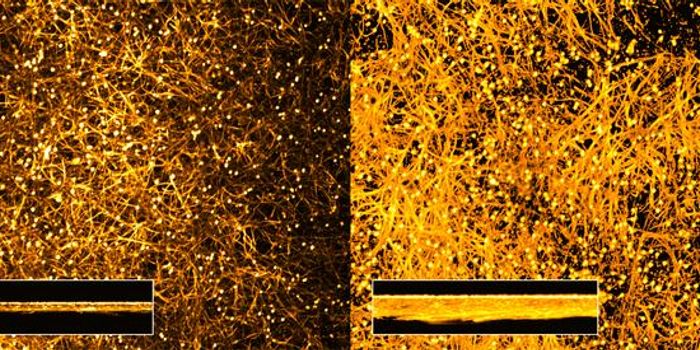Sir Ronald Ross- A Scientific Pioneer
In the 19th century Sir Ronald Ross, a soldier, pioneer, microbiologist, botanist, and a knight helped shape how we view many diseases today with his discovery of the parasite that causes malaria.
Born in 1857 in the Kumaon hills of North-West Nepal, Ronald came from a long line of military families stationed in India. Initially wanting to be an artist with a passion for music and painting, he began his educational career in England. Despite his love for the arts, he decided to follow his father's path in becoming a medical student. He served in the military, specifically the Indian Medical Service, fighting in Burma and the Andamans.
He became interested in malaria in 1892 and was eager to begin research shortly after observing a demonstration from Sir Patrick Manson, the Father of tropical medicinal research, of malarial parasites visible within the bloodstream. In 1895, Ronald Ross embarked on an adventure to determine the transmission paths of malaria from mosquitos to humans. He observed the flagellation of Plasmodium, a protozoan parasite within the blood of mosquitos he dissected.
He discovered the parasite persisted in female mosquitos, anopheles specifically, a genus of mosquitos. However, by no means were these the first recorded observations. Malaria has ancient roots, referenced as far back in Chinese texts dated to 2700 BC, ancient Mesopotamian and Egyptian papyri dating as far back as 1570 BC, and Hindu texts dating from the 6th century BC.
The development of germ theory further intensified the search for the malarial parasite, as scientists had been studying bacteria and micro-organisms since bacteria's discovery in 1676. It wasn't until 1897, while living in Secunderabad, India, and dissecting a mosquito that had malarial contact with an infected patient, that he successfully identified the parasite's life cycle for active treatment. His discovery provided supporting information regarding how vital a role female anopheles genuinely played as the primary spread of the disease. Anopheles are also capable of spreading encephalitis as well as filariasis.
He traveled profusely, advancing his studies on malaria as he traveled. He organized several expeditions to Sierra Leone, West Africa, Mauritius, Spain, Cyprus, and Greece, all the while searching for answers to how to prevent the spread of malaria. His many accomplishments earned him a Nobel prize and several published scientific papers in the Royal Society.
In 1901, he was elected a Fellow of the Royal Society and the Royal College of Surgeons. Achieving several appointments by the king by 1902, he joined the class of Companions of the Most Honorable Order of Bath by His Majesty. By 1911, he was elevated to Knight Commander of that order and eventually served Leopold II as an officer in his order.
He started several organizations geared toward malaria prevention in India. Probably most notable are his mathematical contributions to epidemiology, allowing for a better understanding of insect-borne diseases and infections.
Distinguished scientists have verified his work several times, and it still guides today's scientific community toward effective prevention and treatment, while his scientific contributions to public health have proven pivotal for both parasitic research and control.
Credit: Sir Ronald Ross. Photograph. Wellcome Collection. Public Domain Mark
https://wellcomecollection.org/works/ha2szfgz
Sources: Springer Nature, Royal Society, CDC, NCBI, Nobel Prize, Britannica, Curiosity Collections, Biology Online








